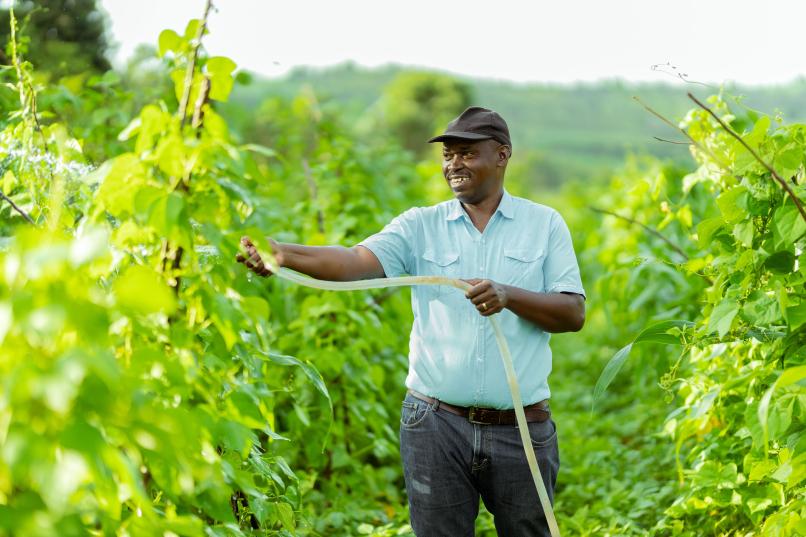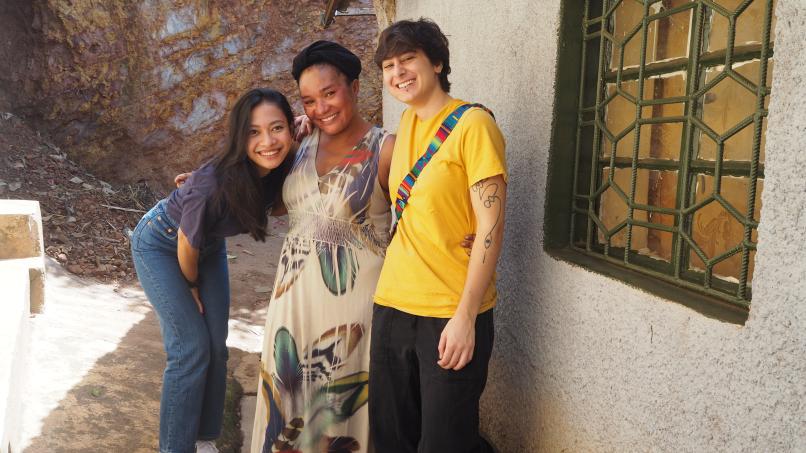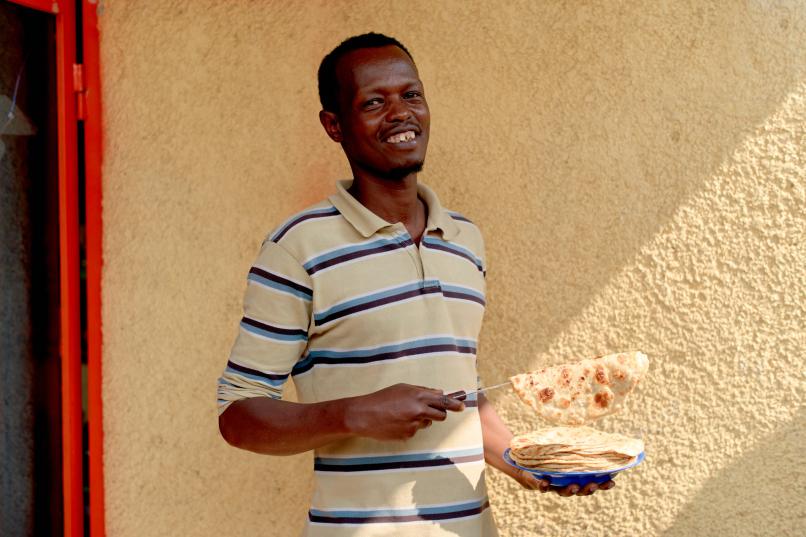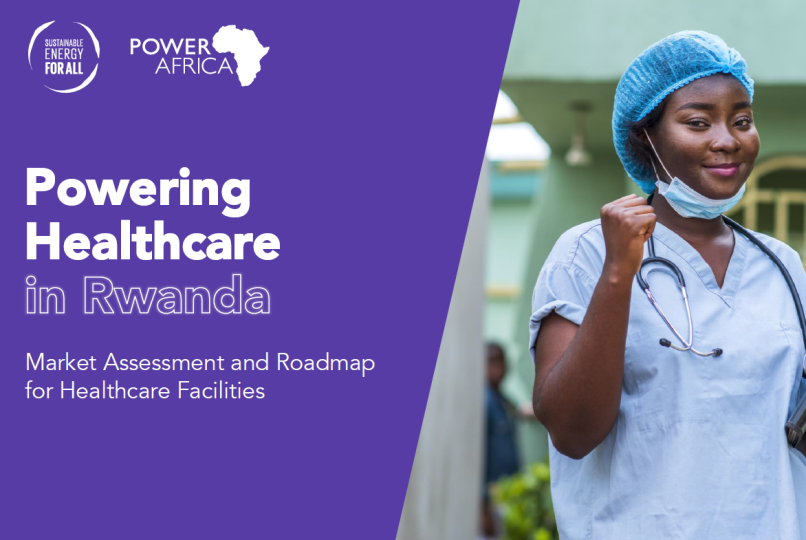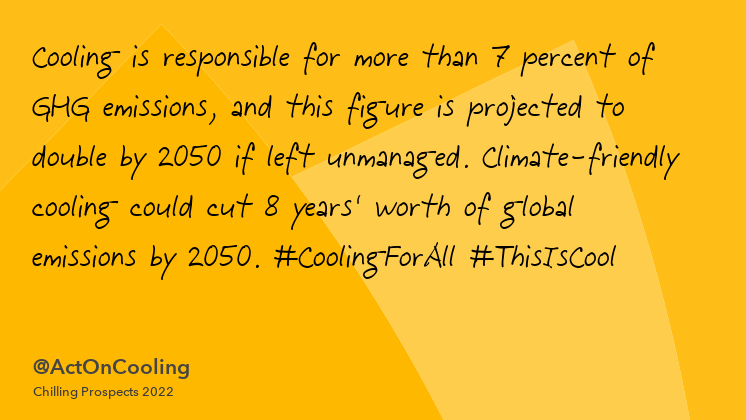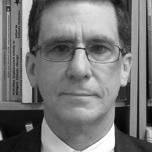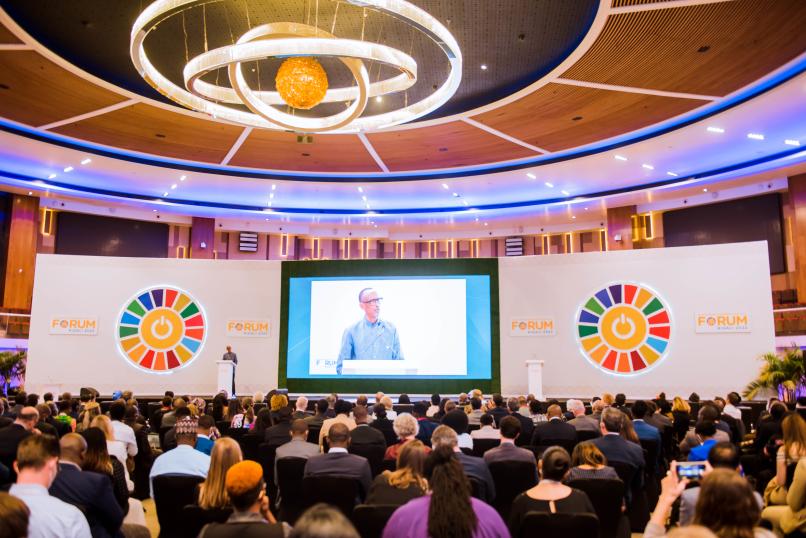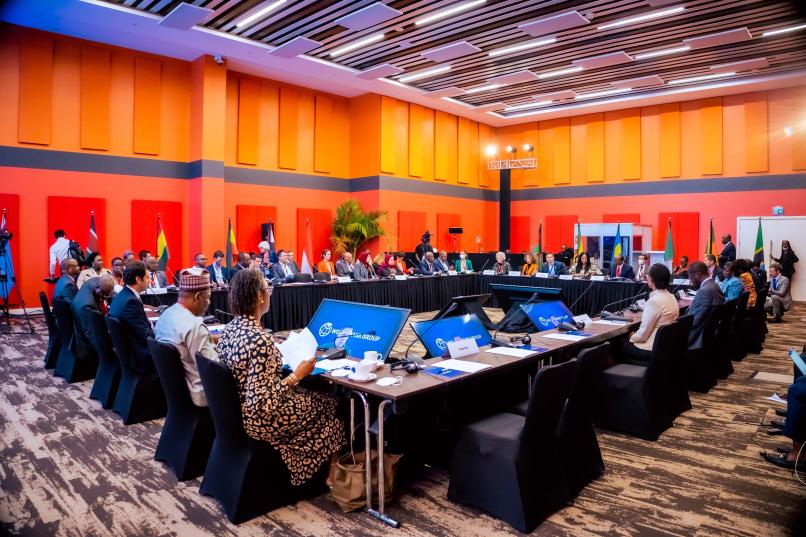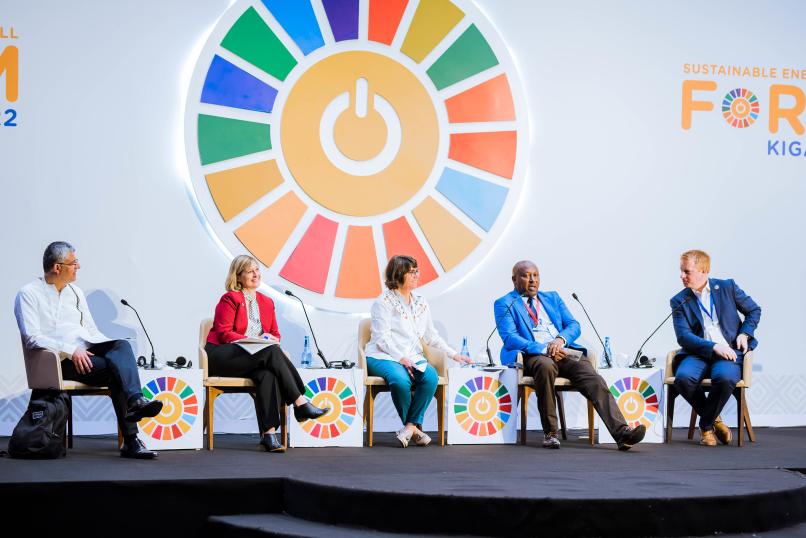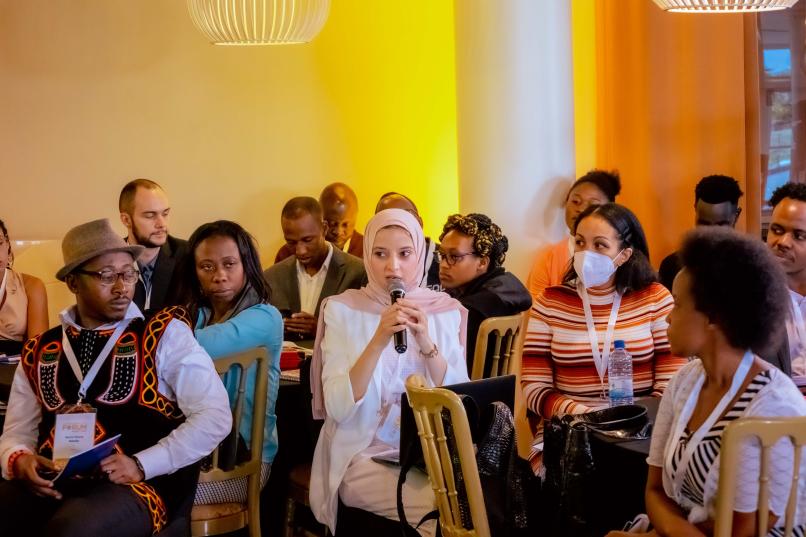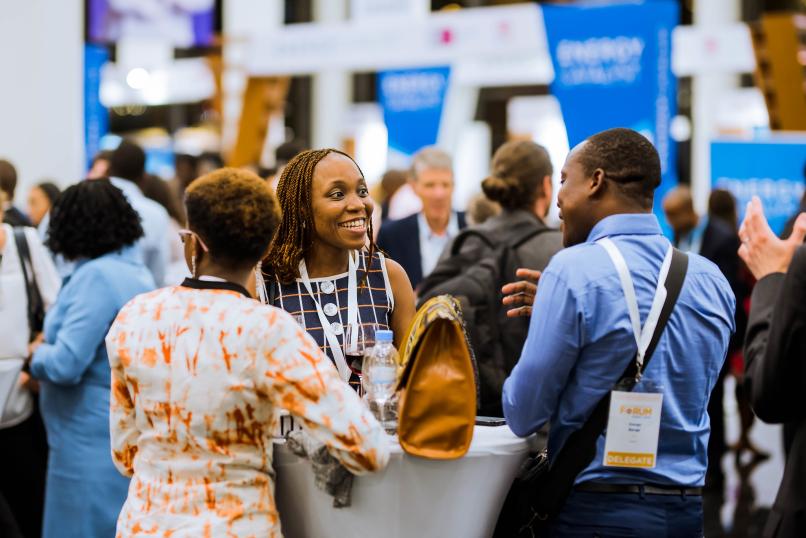Energizing Rwanda's Development
Opportunities and Strategies for Catalyzing Productive Use of Energy
Rwanda is among the fastest growing economies in Africa. Over the past two years, annual growth in its gross domestic product (GDP) exceeded 8 percent, nearly twice the average for Sub-Saharan Africa. This growth aligns with the Rwandan government’s goal of transitioning the country from an agricultural-based economy to one driven more by industry and services. Over the past eight years, Rwanda, along with six other countries in the region, achieved or surpassed required progress levels on electricity access. By 2022, the country’s electrification rate stood at approximately 61 percent through grid-based (47 percent) and off-grid (14 percent) connections. In its progress toward achieving universal access, the government regularly reviews electrification targets and activities.
With the support of development partners, the government is increasingly shifting its focus toward leveraging electricity services to spur economic development and job creation. The World Bank, in collaboration with SEforALL, conducted this study to assess Rwanda’s potential in the productive use of energy (PUE). The aim was to bridge knowledge gaps on market actors, products, and the market environment and provide recommendations for scaling up PUE technologies.
Key objectives were to assess the potential electricity demand of Rwanda’s productive energy users (grid-based, off-grid, and non-electrified), examine barriers that hinder their uptake of high-potential PUE technologies, and propose financial and technical interventions to overcome them.
